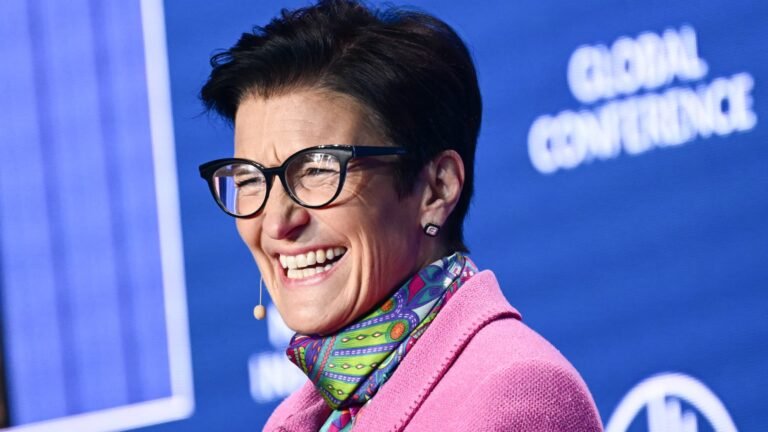
In this article, the U.S. surgeon general issued a new advisory warning on Friday regarding the connection between alcohol consumption and an increased risk of cancer. Dr. Vivek Murthy highlighted the established link between alcohol intake and seven types of cancer, such as breast, colorectal, esophagus, and liver cancers. The advisory mentioned that for certain cancers like breast, mouth, and throat cancers, the elevated risk could begin with as little as one or fewer drinks per day.
The surgeon general recommended policy changes to help reduce alcohol-related cancer cases. Suggestions included making alcohol labels more prominent with a warning about the heightened cancer risk, reevaluating recommended alcohol consumption limits based on current research, and enhancing education to raise awareness about the link between alcohol consumption and cancer risk. These efforts align with strategies already in place to reduce tobacco use, such as mandated warnings on packaging and in stores.
Individuals were advised to consider the association between alcohol consumption and an increased risk of cancer when making decisions about drinking and the quantity consumed. The advisory highlighted that alcohol is the third leading preventable cause of cancer in the U.S., following tobacco and obesity.
Dr. Murthy emphasized that alcohol is a preventable cause of cancer, contributing to approximately 100,000 cancer cases and 20,000 cancer-related deaths annually in the United States. This surpasses the yearly alcohol-related traffic crash fatalities of 13,500 in the U.S., yet many Americans remain unaware of this risk. Following the advisory, shares of alcohol manufacturers like Molson-Coors and Anheuser-Busch initially dropped by more than 1%.
Between 2019 and 2020, 72% of U.S. adults reported consuming one or more drinks per week, but less than half of all adults were aware of the connection between alcohol consumption and cancer risk. Globally, 741,300 cancer cases in 2020 were linked to alcohol consumption, according to the surgeon general. On average, alcohol-related cancer deaths reduce the lifespan of those affected by 15 years.
Younger Americans are increasingly moving away from alcohol, with many opting for nonalcoholic alternatives. A Gallup survey from August revealed that about two-thirds of adults aged 18 to 34 believe alcohol consumption negatively impacts health, compared to less than 40% of individuals aged 35 to 54 and 55 and older.







